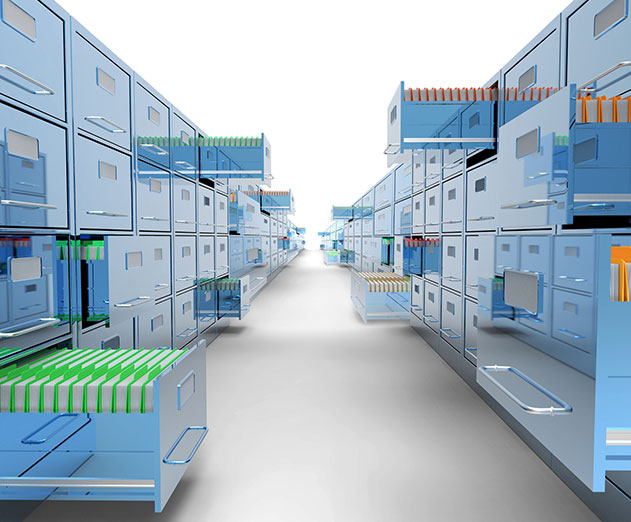MFiles explains intelligent information management
Tuesday, December 26, 2017

|
Richard Harris |
AI-enabled information management platform, M-Files 2018, gets all new offerings.
M-Files Corporation has announced M-Files 2018, a new product release that represents a step forward in how businesses manage information. M-Files 2018 and the new Intelligent Metadata Layer provide a unified interface that enables users to quickly access documents and other information regardless of the system in which they are stored. In addition, AI in M-Files 2018 enables automated classification and metadata suggestions by examining documents and other unstructured content using text analytics, natural language processing (NLP), natural language understanding (NLU) and image analysis.
The amount of information companies must manage is exploding, while demands related to compliance and the need to automate and simplify are increasing. Legacy enterprise content management (ECM) systems and other traditional approaches to managing information aren't working. Information is either locked up in rigid, one-size-fits-all systems or it chaotically proliferates across multiple disconnected systems. Companies are struggling to effectively manage documents and other information stored across these "information silos," and as a result, employees can't quickly find the information they need to do their jobs.
"M-Files 2018 introduces a new approach we call ‘intelligent information management’ that has driven analysts, industry experts and all types of organizations to completely re-think their traditional definitions and approaches for managing information," said Miika Makitalo, CEO at M-Files. "M-Files 2018 signifies the end of the myth that 'all content must reside in one system.' Our vision has always been that it doesn’t really matter where information is stored; what's important is the actual information itself, as well as what it's related to and the context that makes it relevant."
The Intelligent Metadata Layer is a new innovation in the M-Files architecture that supports connectors to external systems. Once a connector to an external system is installed, information residing within that system is immediately available directly via its mobile app, its desktop application and web access. Users can search and browse without migrating data and without impacting users of the connected system. Information residing in external systems can also be enriched with metadata, which enables the platform to establish relevance and context when searching for information across existing business systems.
The amount of information companies must manage is exploding, while demands related to compliance and the need to automate and simplify are increasing. Legacy enterprise content management (ECM) systems and other traditional approaches to managing information aren't working. Information is either locked up in rigid, one-size-fits-all systems or it chaotically proliferates across multiple disconnected systems. Companies are struggling to effectively manage documents and other information stored across these "information silos," and as a result, employees can't quickly find the information they need to do their jobs.
"M-Files 2018 introduces a new approach we call ‘intelligent information management’ that has driven analysts, industry experts and all types of organizations to completely re-think their traditional definitions and approaches for managing information," said Miika Makitalo, CEO at M-Files. "M-Files 2018 signifies the end of the myth that 'all content must reside in one system.' Our vision has always been that it doesn’t really matter where information is stored; what's important is the actual information itself, as well as what it's related to and the context that makes it relevant."
The Intelligent Metadata Layer is a new innovation in the M-Files architecture that supports connectors to external systems. Once a connector to an external system is installed, information residing within that system is immediately available directly via its mobile app, its desktop application and web access. Users can search and browse without migrating data and without impacting users of the connected system. Information residing in external systems can also be enriched with metadata, which enables the platform to establish relevance and context when searching for information across existing business systems.

Become a subscriber of App Developer Magazine for just $5.99 a month and take advantage of all these perks.
MEMBERS GET ACCESS TO
- - Exclusive content from leaders in the industry
- - Q&A articles from industry leaders
- - Tips and tricks from the most successful developers weekly
- - Monthly issues, including all 90+ back-issues since 2012
- - Event discounts and early-bird signups
- - Gain insight from top achievers in the app store
- - Learn what tools to use, what SDK's to use, and more
Subscribe here

_r2f0ox12.jpg&width=800)










